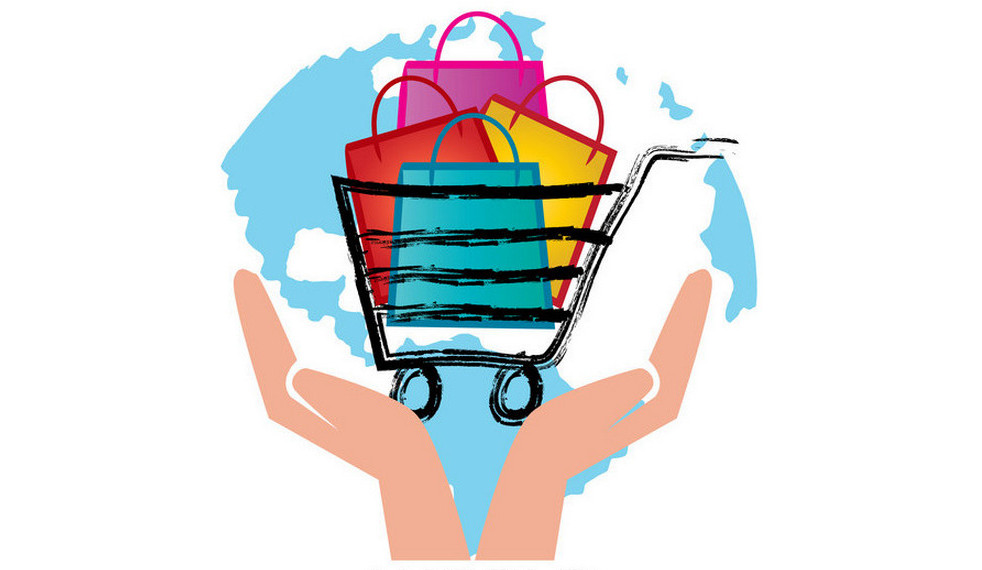The exchange of goods is regulated by legislation on the protection of consumer rights.
According to this legislation, the consumer has the right to exchange the product for the same product from the seller, if the product is not suitable in terms of quality, shape, size, style, color or completeness, or the product cannot be used with the same names, the quality of which is confirmed by a document on purchase of this product.
- However, there are exceptions when goods cannot be exchanged, for example, if the goods were purchased during a sale or at a discount due to their defects, or if they are perishable or have a limited shelf life.
According to the resolution of the CMU dated 19.03.1994 No. 172, the List of goods of appropriate quality that are not subject to exchange (return) has been established:
- 1. Food products.
2. Medicinal preparations and means.
3. Subjects of sanitation.
4. Non-food products: photographic films, photographic plates, photographic paper; corset goods; perfumery and cosmetic products; feather and down products; soft children's toys; rubber inflatable children's toys; toothbrushes; mouthpieces; shavers; shaving ointments; combs, combs and massage brushes; mutes (for wind musical instruments); violin chins; gloves; fabrics; tulle and lace fabrics; carpet products by the meter; underwear; bed linen; hosiery; goods in aerosol packaging; printed publications; linear and sheet rolled metal, pipe products, lumber, trim (plinth, platband), board materials (fiberboard and chipboard, plywood) and glass, cut or cut to the size determined by the buyer (customer); audio-, videocassettes, disks for laser reading systems with recording; products from natural and artificial hair (wigs); goods for babies (diapers, nipples, feeding bottles, etc.); tools for manicure, pedicure (scissors, files, etc.); jewelry made of precious metals, precious stones, precious stones of organic formation and semi-precious stones.
Legal advice - please note that the rules for exchanging goods may differ depending on a specific store or seller, and additional terms of exchange may be set in writing when purchasing goods. If questions arise regarding the exchange of goods, it is recommended to consult with a lawyer or human rights organization to conduct a legal analysis of the situation and analysis of the documents, consultation, analysis of documents.
Food products are not exchangeable for health and safety reasons.
- This is because once the food has been sold and has left the store, its condition and safety can be difficult to monitor.
Because food products are perishable or have a limited shelf life, exchanging them can pose a health risk to consumers. - Also, there is a high possibility that food products may be altered or spoiled during storage or transportation after purchase.
Legal opinion of the lawyer - for these reasons, consumer protection legislation usually does not provide for the possibility of exchanging food products, except in cases where the product has obvious defects or does not correspond to the data indicated on the package or label.
Medicines and products are not subject to exchange for a number of reasons related to the safety and effectiveness of treatment:
- 1. Quality and safety control: Medicines are subject to strict quality and safety control, and their use is related to the health and life of patients. If a medicine has been sold and left the pharmacy, it can be considered contaminated or altered and this can pose a serious health risk.
2. Regulation of medicines management: The exchange of medicines can disrupt the medicines control system which ensures that medicines are safe and effective for use by patients. Verification of medicines that have been exchanged can be important to ensure their quality and safety.
3. Retention of efficacy: Medicines may lose efficacy after opening or after they have been stored under improper conditions. Swapping medications can lead to the use of medications that have lost their effectiveness or become unsafe to use.
4. Availability of a prescription: Many medicines require a prescription from a doctor to purchase them. The exchange of medicines can disrupt this system, as the exchange can take place without taking into account the patient's medical needs and the doctor's advice.
Legal opinion - taking into account these factors, the exchange of drugs is usually not allowed to ensure the safety and effectiveness of patient treatment.





























